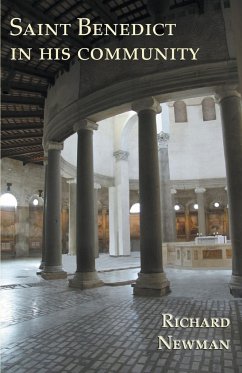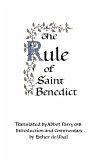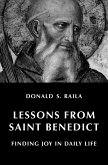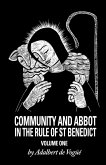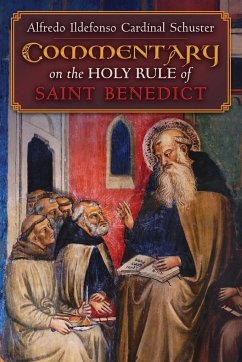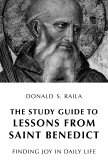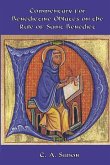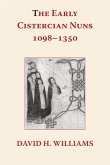This book looks at the life and work of Saint Benedict through the history of sixth-century Italy, throwing fresh light on Benedict's Rule and Pope Gregory the Great's Life of Benedict (his second Dialogue). Commentaries on the Rule concentrate-quite naturally-on Benedict's spirituality but rarely take into account modern historical scholarship on the period. Though often thought of as a medieval figure, Saint Benedict was, in fact, a Roman. During the first half of his adult life he lived in an Italy that was peaceful and the Roman social and political order essentially intact, even though under the ruled of a Gothic king. Benedict's community inherited much from this late-Roman cultural background and from the eclectic intellectual atmosphere of the time. During the last years of his life the Roman order finally collapsed-thanks to Justinian's invasion of Italy, an epidemic of plague and exceptionally poor harvests ¿ posing new challenges for the community at Monte Cassino. During Benedict's lifetime the Church was torn by disputed papal elections, a serious theological dispute between Rome and the eastern provinces and tensions between central administration and the initiatives of local congregations and Christian laymen such as Benedict himself. These developments affected Benedict and his community in various ways, some very directly. By approaching Benedict in this way, a more fully rounded picture of the saint emerges-a man who was practical as well as holy. This book will be invaluable for all those concerned with the Benedictine tradition-monastic communities and their oblates particularly, but also to anyone interested Western Monasticism and the early history of the Church.
Hinweis: Dieser Artikel kann nur an eine deutsche Lieferadresse ausgeliefert werden.
Hinweis: Dieser Artikel kann nur an eine deutsche Lieferadresse ausgeliefert werden.

